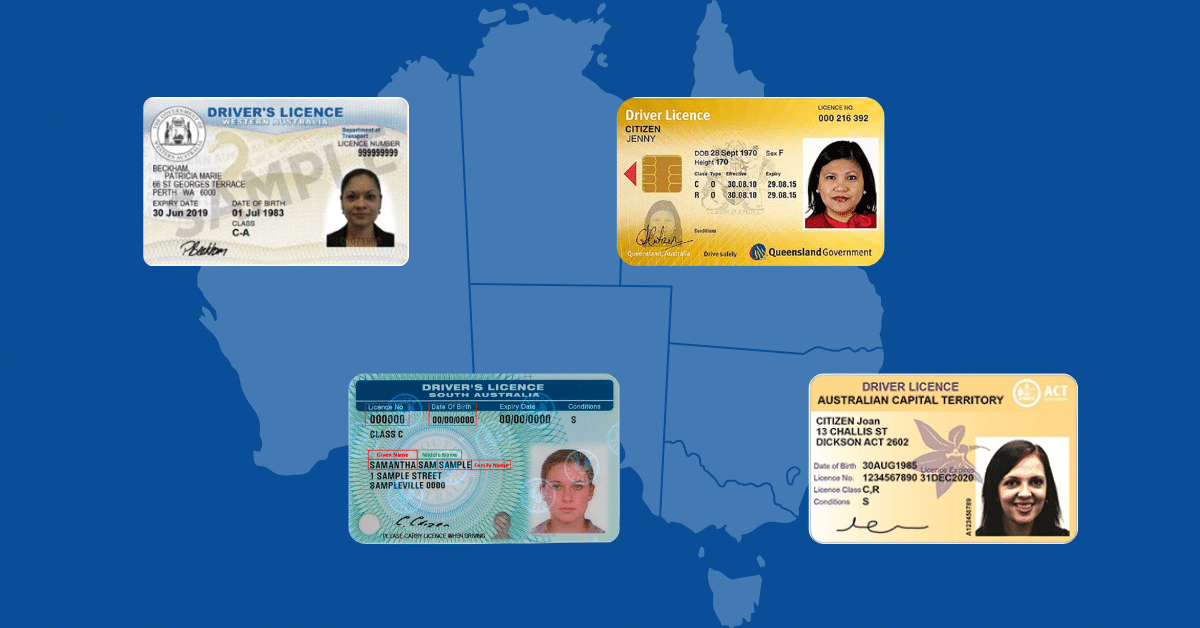Last updated on March 19th, 2024 at 03:24 pm
What is Web3?
Characterized by online sharing, social media platforms, and content creation, web 2.0 has defined the last two decades. It gave rise to what we call digital identity, and as we surfed the net we left digital footprints, chock full of valuable data which was owned by powerful third parties. When it came to identity verification, intermediaries, such as banks, authenticated the legitimacy of consumers.
Enter Web3, the latest iteration of the internet, the hallmark of which is a decentralization that allows users–rather than corporations– to control their own data and identity.
Before proceeding, it’s important to understand two concepts: the metaverse and self-sovereign identity (SSI)
The Metaverse
Inherent to web3 is the concept of the metaverse. A clear definition is hard to come by, but it is generally understood to be a virtual-reality experience built on the principles of decentralization that gives consumers direct access to whatever they want. In the metaverse, people can interact with friends, buy and trade digital assets, and more. The game Fortnite is an example of a metaverse
Self-sovereign identity (SSI)
Another concept central to web3 is self-sovereign identity. Currently, digital IDs require that you register at a service with a username/email address and a password, or that you use a third party login service like “Login with Facebook/Google.” Consumers currently own, on average, up to 200 accounts, with passwords, tied to the same email address.
Conversely, self-sovereign identity is an identity you own. It represents a paradigm shift in identity verification away from third parties. Self-sovereign identity relies on blockchain technology, which is a record of encrypted, time-stamped series of data that is unchangeable and managed by a network of computers rather than a single, centralized system.
Identity authentication in Web3
In the future, a likely identity verification scenario is this: Passwords will be a thing of the past, and authentication techniques will rely on blockchain technology-enabled digital wallets to admit users–or their avatars– into a virtual experience. Consumers will have control over what data they share and will be able to prove their identity without revealing the data itself. That data will be owned by them rather than intermediaries.
Web3 is still an emerging concept, so there’s much we don’t know about how it will affect ID authentication. But the list of industries leveraging SSI is growing daily, so it’s important to understand both its implications and how to adapt your business to the evolving infrastructure.
For information on IDScan.net’s identity verification solutions, contact us.





